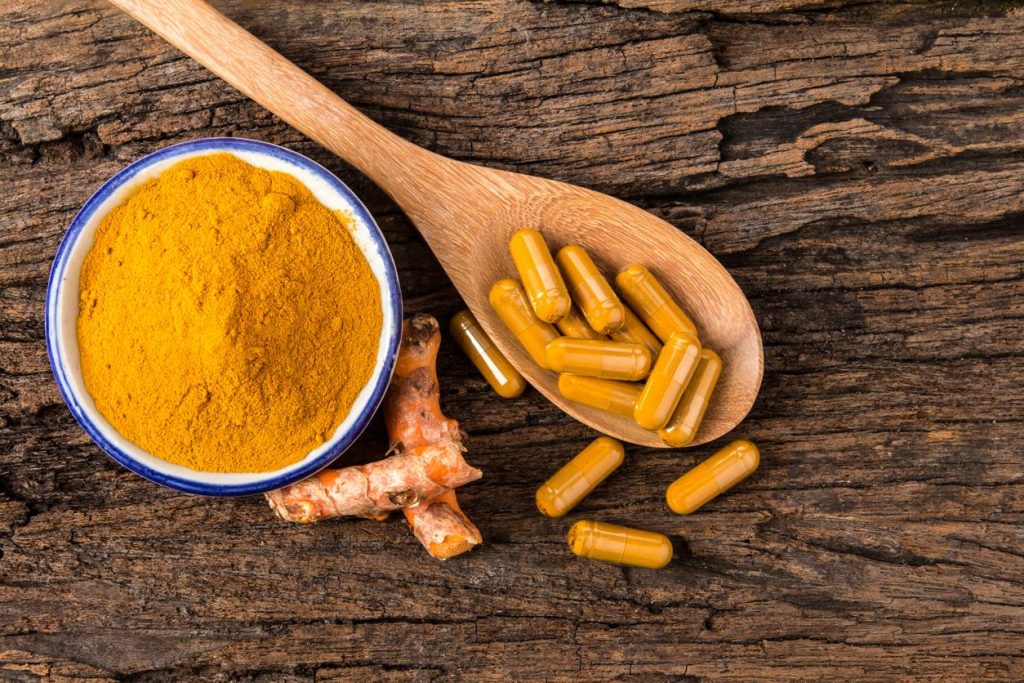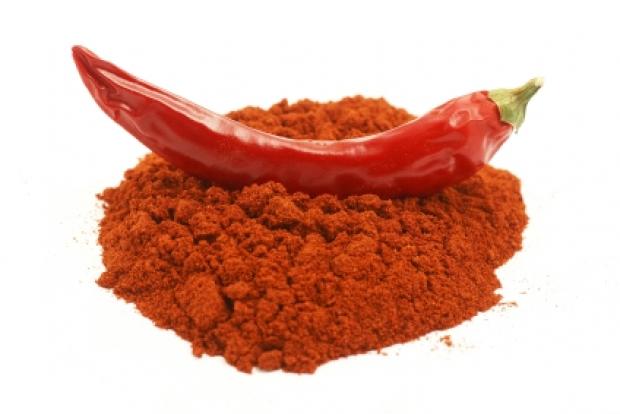When their horse is showing signs of aches and pains, many people turn to bute (phenylbutazone) to offer relief.
And while bute does, indeed, reduce inflammation and increase comfort, there are several drawbacks to using this drug, especially on a regular basis.
As an NSAID (non-steroidal anti-inflammatory drug), bute works by inhibiting a class of enzymes known as COX enzymes. In turn, this helps to reduce inflammation, but it can also adversely affect kidney function, intestinal lining, as well as blood cell production. If bute is used long-term, many horses develop gastro-intestinal ulcers or even kidney damage.
The good news is that there are several safer alternatives, especially for chronic conditions like arthritis.

Devil’s Claw(Harpagophytum procumbens)contains high concentrations of a natural anti-inflammatory chemical is known as harpagoside. This herbal remedy has painkilling properties and contains several antioxidants which can speed healing.
Important to note, however: If your horse is already dealing with gastric ulcers, Devil’s Claw may not be your best choice as it may increase gastric secretions.

Turmeric(also known as curcumin, the active ingredient in turmeric) comes from the underground stems of the plant, Curcuma long and is a member of the ginger family. This culinary spice has been well studied in human medicine and has proven itself as an effective anti-inflammatory.
A word to the wise: Turmeric is best absorbed when combined with an omega 3 source (such as flaxseed oil) and piperine, an extract in black pepper.

Capsaicin Topical Cream is made with the same chemical compound that makes chili peppers hot. Capsaicin reduces inflammation by depleting one of the chemical messengers that causes the sensation of pain. Human studies have shown that capsaicin can effectively reduce pain from osteoarthritis, rheumatoid arthritis, and fibromyalgia, but capsaicin topical creams are also commonly used for animals.
A word of caution: Capsaicin can cause an unpleasant sensation when first applied and should never be used under wraps or on severely inflamed areas. Capsaicin creams are better suited for long-term issues such as arthritis.
Using bute on occasion won’t adversely affect most horses, but it’s always good to know some alternative options. What bute substitute have you tried?



